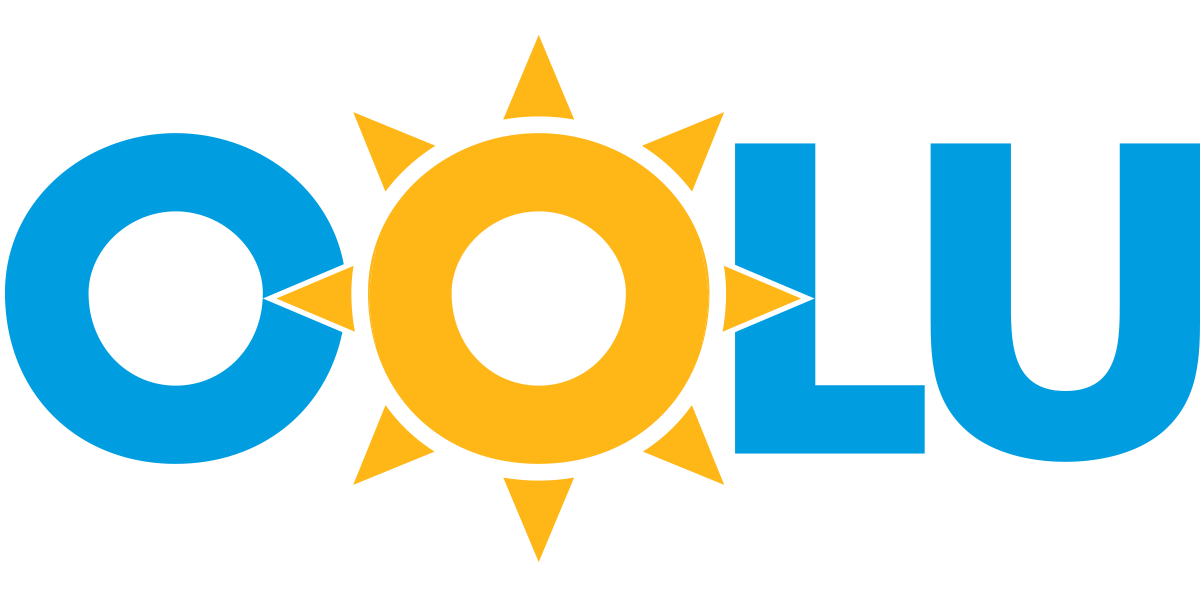The huge potential of C&I Solar: the catalyst to clean growth in West Africa
How solar commercial and industrial (C&I) projects can stimulate economic growth in West Africa while also helping the region transition to clean energy.
From running machinery and powering factories to providing office lighting and facilitating telecommunications, businesses cannot grow without energy. In West Africa, though, inconstant and expensive grid supply hinders businesses' ability to manufacture products, deliver services, create job opportunities and stimulate growth.
However, there is an energy solution that is clean, cost-effective and ready-made for the region’s businesses: C&I Solar.
What is C&I Solar?
Solar C&I (Commercial & Industrial) is solar generation specifically for business use. It’s a mutually-beneficial partnership where solar providers install a solar system (solar panels, inverters, monitoring and remote control devices etc.) on businesses' property (i.e. warehouse rooftops or factory land) and businesses access cost-competitive and sustainable energy supply to reduce their energy costs and emissions.
How does solar C&I work?
Let’s say, a manufacturing plant needs 100 MWh energy per month. Instead of buying this energy exclusively from the grid and/or diesel generators, the factory could sign a contract with a C&I solar provider like westa.solar to install solar panels on its property. westa.solar would install solar at the factory taking care of the capital investment required, the project design, the installation and the maintenance, while the client will start saving money from the first month by paying a lower electricity bill.
Why is C&I beneficial?
Costs - Energy is often a company’s largest monthly expenditure, especially in Africa where companies pay 25-50% more for electricity than elsewhere in the world. In Nigeria, for example, power accounts for up to 40% of factories’ costs and these costs have been increasing as global fuel prices rise (diesel prices have risen 181% in Nigeria this year).
Solar C&I saves companies over 15-20% on their monthly energy costs straight away and provides them with free solar energy after 10-15 years.
Jobs - Unemployment is a major problem across West Africa. For instance, a third of people in Nigeria are currently unemployed, rising to 42.5% for young Nigerians (18-34). Economic growth is required to boost the number of job opportunities, especially in peri-urban areas.
Solar C&I not only provides jobs directly, but cheaper and consistent energy supply also stimulates business growth and job creation.
Why West Africa?
In short, it’s all about costs and climate. Africa is the most sunshine-rich continent in the world with its solar potential evenly spread across the continent. However, despite an estimated 60% of the world's solar resources, Africa has just 1% of its installed solar capacity.
Meanwhile, this high level of solar irradiation in African countries is matched with high prices for grid electricity. Solar C&I is therefore the most logical choice for businesses looking to cut costs and access reliable energy, while also having a beneficial impact on the region’s climate adaptation. That’s why East Africa already has a growing C&I Solar industry and West Africa can follow suit.
C&I Solar is a win-win
For a region full of developing economies suffering from the effects of climate change, C&I Solar delivers far-reaching economic and environmental benefits.
For businesses struggling with the high costs of electricity, C&I Solar provides a cost-effective alternative to running their operations.
For climate-conscious investors looking to make a positive return and a positive difference, C&I Solar has incredible potential to scale in West Africa.
In short, C&I Solar is a win-win for West Africa.
What’s next for westa.solar?
Currently operating in Nigeria, westa.solar has multiple commissioned projects across the country and a growing pipeline of clients. Our strength is the capacity to manage every step of the project for the client - from energy audit and system design through to installation, maintenance and financing with Power Purchase Agreements (PPAs).
As westa.solar grows in Nigeria and the C&I Solar landscape develops across the region, westa.solar aims to expand its operations into more West African countries in the years ahead.
For more information, get in touch.
Vincenzo Capogna, CTO, westa.solar
Ayomide Agbola, CM, westa.solar













